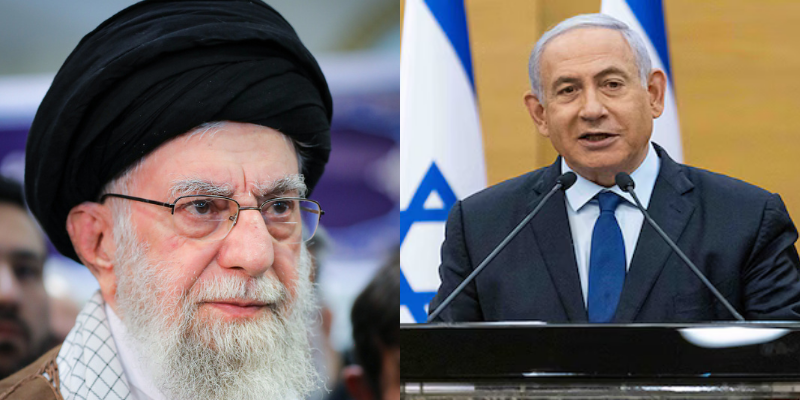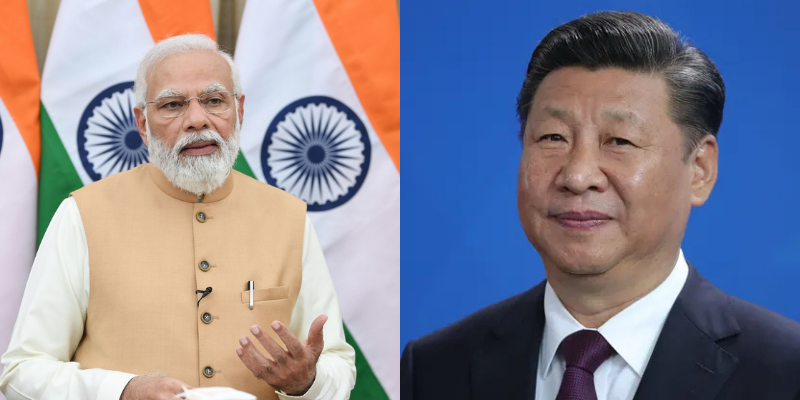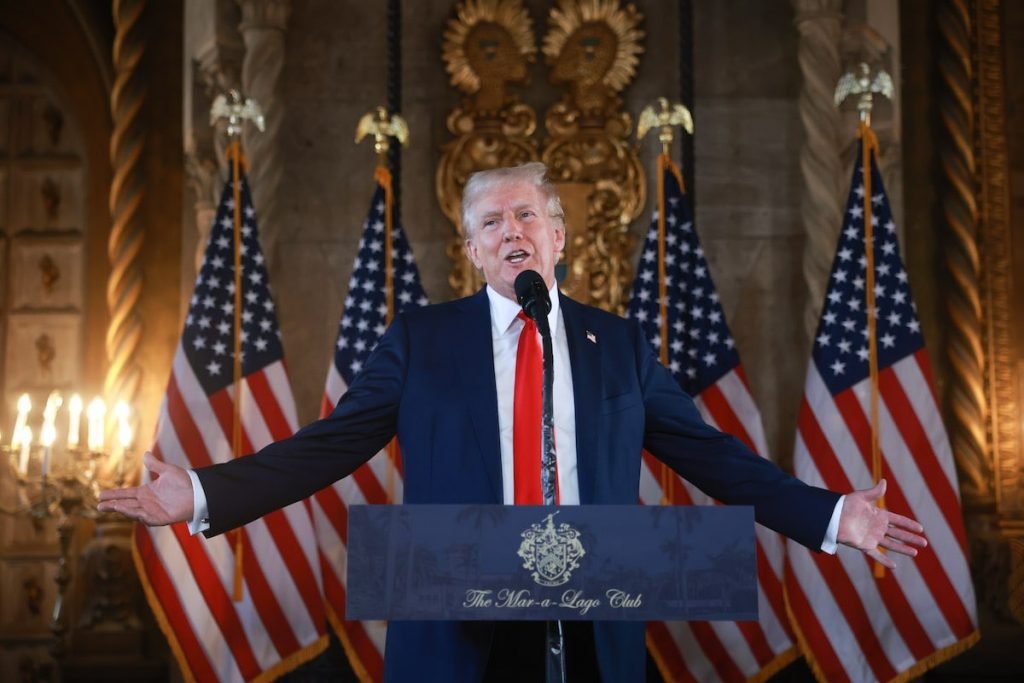In a stunning turn of events, former U.S. President Donald Trump’s fragile Middle East strategy has unraveled. Known for his self-styled image as a global peacemaker, Trump now finds himself diplomatically isolated as Israel, led by Prime Minister Benjamin Netanyahu, undertakes a sweeping military operation targeting Iran, dismissing Trump’s calls for restraint. In retaliation, Iran has severed all diplomatic talks with the U.S., jeopardizing the nuclear negotiations and escalating the risk of a broader regional conflict.
Just hours before the attack, Trump publicly urged Israel to refrain from military action, hoping to keep a planned round of nuclear talks with Iran alive. Instead, Netanyahu launched a large-scale assault—dubbed “Operation Rising Lion”—targeting Iranian nuclear facilities, missile sites, and key military figures, including Iran’s chief of staff and an IRGC commander. The strikes reportedly caused significant damage to Iran’s military infrastructure and further heightened tensions in a region already on edge.

Iran’s response was immediate. The country announced it would not participate in the sixth round of nuclear talks scheduled for Sunday in Oman. Iran’s state television confirmed that the suspension would last “until further notice,” directly blaming the United States for its failure to prevent Israeli aggression. This withdrawal risks undoing months of behind-the-scenes diplomacy and may close off one of the few remaining pathways to avoid further escalation.
Secretary of State Marco Rubio quickly sought to distance the United States from the Israeli strikes, stating, “We are not involved in strikes against Iran and our top priority is protecting American forces in the region.” He added, “Iran should not target US interests or personnel.” Despite these remarks, many in the international community perceive the attacks as having Washington’s tacit approval, especially given Trump’s subsequent praise for Israel’s military actions.
Speaking to ABC News, Trump praised the Israeli operation, calling it “excellent.” He stated, “They got struck, very hard… and there’s more to come.” Although he would not confirm U.S. involvement, his tone left little doubt about his approval of the strikes. This dual messaging—denying direct involvement while simultaneously praising the outcome—has only intensified mistrust between the U.S. and Iran.
The consequences of this breakdown in diplomacy are significant. For Trump, who once emphasized his ability to broker peace deals in the Middle East, the failure to prevent Israeli aggression or maintain Iran’s engagement in talks represents a substantial blow to his foreign policy credibility. His administration’s effort to replace the Obama-era 2015 nuclear deal with a stricter agreement may be permanently derailed.
Iran has promised “decisive” retaliation. Reports suggest that over 100 Iranian drones have already been launched in response to the Israeli operation, raising fears of further escalation that could involve the United States. American military assets in the region are on high alert, with potential contingency plans quietly activated.
Trump’s Empty Promises and Dangerous Global Meddling
During his campaign, Donald Trump made sweeping promises to his supporters—promises that were either broken or descended into chaos. He vowed to end illegal immigration, and now he’s escalating that into a reckless plan to deport over 20 million undocumented immigrants. This aggressive stance has sparked widespread protests and civil unrest across the United States, further deepening the divisions in an already polarized society.
Trump also boasted that he would resolve major global conflicts with unprecedented speed, promising peace between Russia and Ukraine in one week and ending the Israel-Gaza war just as quickly. Yet, under his rhetoric, none of these crises have eased; they’ve only worsened. His claim that he could single-handedly settle the Iran nuclear issue is another failure, as tensions in the Middle East continue to escalate, including Israel’s recent military action against Iran.
Even more troubling was Trump’s unwarranted interference in the conflict between India and Pakistan—an issue that is sensitive and deeply rooted in South Asia. He inserted himself where he wasn’t needed, fabricating influence he never had, which only inflamed tensions. His sudden closeness with Pakistan raises serious questions, especially for India, which will not remain passive if its sovereignty or security is threatened. India will take military action. If Trump continues down this path, he risks alienating one of the world’s most powerful democracies.
In addition, Donald Trump would be wise not to underestimate two nations: India and China. Both countries possess formidable military capabilities and rapidly growing global influence. While many in the United States still believe they hold uncontested power, the reality is shifting. Within the next five to ten years, India and China are poised to become the dominant forces shaping global politics, economics, and security for the coming century.

Americans need to recognize this reality: even though the U.S. population is around 335 million, the world has over 8.5 billion people. Global power is shifting to Asia. The emergence of nations like China and India indicates that arrogance and outdated exceptionalism will no longer hold sway on the world stage. Advanced technology and weaponry mean little without intelligent diplomacy and genuine leadership.
The world is watching, and it isn’t fooled by Trump’s theatrics. He is no peacemaker; he’s a credit snatcher, eager to claim victory in battles he never fought. His tactics are rooted in division, misinformation, and self-interest.
It’s time for Americans—and the world—to see through the facade. The global community will not be manipulated. They will not allow one man’s ego to destabilize humanity’s future.
Domestically, Trump now faces a political dilemma. His conservative base has long been skeptical of military entanglements abroad, yet many of his staunchest supporters also demand unwavering loyalty to Israel. Reconciling these competing priorities is proving increasingly difficult. Trump’s “America First” platform, built on promises to end endless wars and reduce overseas commitments, now clashes with the realities of supporting Israel’s aggressive military posture against Iran.
Moreover, criticism is growing from both the left and the right. Foreign policy analysts contend that Trump has failed to rein in Netanyahu, undermining U.S. credibility and pushing the region closer to broader conflict. Democratic lawmakers have criticized the administration’s lack of transparency. Simultaneously, some Republicans voice concerns that the U.S. is slipping into another Middle Eastern conflict without a clear strategy or public mandate.
Growing international backlash is evident. European allies who backed the nuclear negotiations are alarmed by the abrupt breakdown of talks and the potential for increased violence. Diplomats from France, Germany, and the UK have called for immediate de-escalation and a return to diplomacy, warning that ongoing military exchanges could destabilize the region for years.
As the dust settles, Trump finds himself in a challenging position—applauded by Israeli hardliners yet abandoned by Iran and viewed with skepticism by international partners. His administration’s efforts to negotiate a new nuclear agreement hang in the balance, and his reputation as a dealmaker faces its greatest challenge.
The coming days will be critical. If Iran follows through on its threat of retaliation and targets U.S. personnel or allies, Trump may be forced to choose between a military response and stepping back to avoid a larger war. Neither option is politically risk-free. Escalation could alienate his anti-interventionist base, while inaction might be seen as weakness by both Iran and Israel.
Ultimately, Trump’s attempts to navigate the diplomatic tightrope between Tehran and Tel Aviv appear to have failed. The Israeli strikes and Iran’s rapid withdrawal from nuclear talks have underscored the limitations of his Middle East strategy. What was once celebrated as a bold effort to realign regional politics now risks turning into another chapter in the long and troubled history of U.S. involvement in the region.
As tensions rise and diplomatic channels close, the prospects for peace in the Middle East appear increasingly bleak. Whether Trump can salvage his approach or is left to witness its collapse remains uncertain. What is clear, however, is that the stakes have never been higher.





